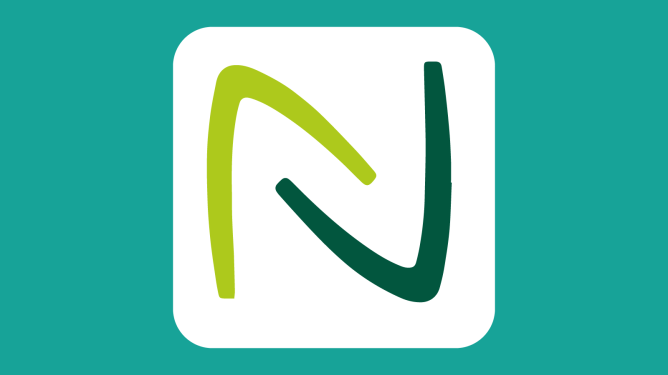In a move that is expected to give investors more opportunities to engage with startups, Y Combinator has announced that it will be expanding its program to four cohorts per year starting from 2025. This change comes as the startup accelerator aims to provide more resources and support to entrepreneurs while also increasing the chances of success for participating companies.
Number of Companies Remains the Same
According to Garry Tan, president of Y Combinator, the number of companies that go through the program each year will remain approximately the same. However, with two additional cohorts, each cohort will be roughly half the size of previous years. This means that startups participating in the program will have more focused attention from the YC team and a greater opportunity to network with fellow entrepreneurs.
Benefits for Investors and Startups
The expansion of Y Combinator’s cohorts is expected to bring several benefits to both investors and startups. For investors, having twice as many demo days means that they will have more opportunities to meet with startups and potentially invest in promising companies. This can lead to a higher success rate for investments and a greater return on investment.
For startups, participating in Y Combinator’s expanded program will give them access to more resources, mentorship, and networking opportunities. With four cohorts per year, startups will have more flexibility in terms of when they choose to participate in the program, allowing them to better align their participation with their business goals and needs.
Upcoming Fall Program
The next fall program is set to kick off on September 29, just a few days after the summer cohort’s Demo Day on September 25-26. This provides an opportunity for investors to attend both events and engage with startups from different cohorts.
Confirmation from Y Combinator
TechCrunch has confirmed that this change is indeed part of Y Combinator’s plans, with Tan stating that the expansion will provide more opportunities for companies to succeed. This confirmation comes after Bloomberg reported on the expansion earlier this week.
Why Four Cohorts?
So why is Y Combinator expanding its program to four cohorts per year? The answer lies in the accelerator’s commitment to supporting entrepreneurs and startups. By increasing the number of cohorts, YC aims to provide more resources and support to companies at different stages of their development. This will enable them to better align with their business goals and increase their chances of success.
Impact on Startups and Investors
The expansion of Y Combinator’s program is expected to have a significant impact on both startups and investors. With more cohorts, startups will have more opportunities to network, access resources, and receive mentorship. This can lead to increased success rates for participating companies and potentially higher returns on investment for investors.
For investors, the benefits are clear. With twice as many demo days, they will have more opportunities to engage with startups and invest in promising companies. This can lead to a higher success rate for investments and a greater return on investment.
Conclusion
Y Combinator’s decision to expand its program to four cohorts per year is a significant development for the startup ecosystem. By providing more resources, mentorship, and networking opportunities, YC aims to support entrepreneurs and startups in achieving their goals. With this expansion, investors will have more opportunities to engage with startups and potentially invest in promising companies.
Related News
- How Barcelona became an unlikely hub for spyware startups: Lorenzo Franceschi-Bicchierai
- China is reportedly open to Elon Musk acquiring TikTok US: Maxwell Zeff
- Microsoft forms new internal dev-focused AI org: Kyle Wiggers
Latest in Startups
- The first AI chip startup to go public in 2025 will be Blaize: Charles Rollet
- Raspberry AI raises $24M from a16z to accelerate fashion design: Marina Temkin
- Moody’s agrees to acquire Cape Analytics, which develops geospatial AI for insurance providers: Kyle Wiggers



